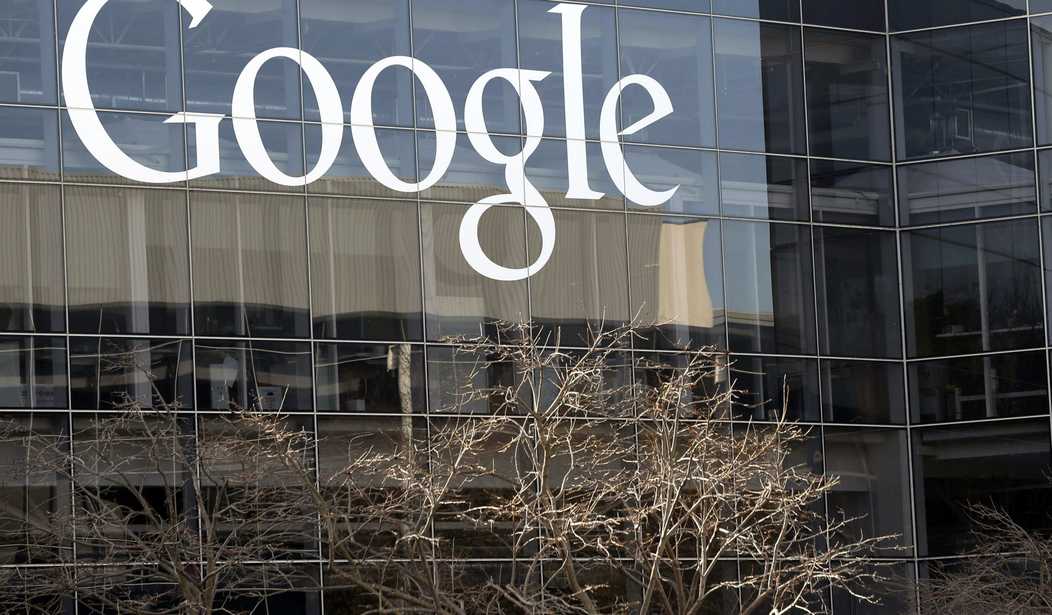On Thursday, the president of the Southern Poverty Law Center (SPLC) admitted that his organization’s list of “hate groups” is a matter of opinion. The Left-wing SPLC has partnered with Internet companies like Google — of “ideological echo chamber” fame — to “fight hate,” which makes this admission particularly important.
SPLC President Richard Cohen testified in front of the U.S. House of Representatives Committee on Homeland Security Thursday, and made this crucial admission responding to questions from Rep. Scott Perry (R-Pa.). Perry noted that the SPLC has marked many mainstream conservative Christian groups as “hate groups,” including D. James Kennedy Ministries, the Family Research Council (FRC), and Liberty Counsel.
“You’re used as a credible source for law enforcement and you’re testifying in front of Congress when it appears obvious that it’s only your opinion that you base your hate group citations on,” Perry declared.
“Well, it is our opinion,” Cohen admitted. “It’s an opinion that I think has a tremendous amount of credibility.”
Perry cut him off: “but no empirical evidence or data to back it up.”
Cohen disagreed, but he later admitted not only that most SPLC staff donate exclusively to Left-wing politicians and causes, but that the organizations SPLC partners with are similarly skewed. This should be no surprise, as the group’s former spokesman said they mark groups “hate groups” based on “strictly ideological” factors, and described their “aim in life” as being “to destroy these groups.”
Since the white nationalist riots in Charlottesville, the SPLC has received a serious boost. George Clooney, J.P. Morgan, and Apple CEO Tim Cook pledged their financial support, CNN, ABC, and NBC spread the SPLC’s “hate group” label.
More concerning, however, was ProPublica’s Lauren Kirchner, who sent an email to conservatives who run news websites, noting that the organization is “including your website in a list of cites that have been designated as hate or extremist by the American Defamation League or the Southern Poverty Law Center.” The email threatened to destroy vital advertising revenue that keeps these sites running.
Many companies have already used the “hate group” list to target conservatives.
At the end of August, Vanco Payments withdrew its service from the Ruth Institute, taking away that organization’s ability to process donations online. In June, the charity navigation website GuideStar adopted the SPLC “hate group” list, marking each profile of the targeted organizations as a “hate group.” Last December, D. James Kennedy Ministries was denied access to Amazon’s charity connection service, Amazon Smile, because it was listed as a “hate group” by the SPLC. They filed a lawsuit against the SPLC for defamation.
In August, Google sent an ultimatum to The Liberty Conservative, threatening to remove its ad revenue if the site did not take down a “hateful” article.
In his testimony Thursday, Cohen laid out his strategy in working to control “digital platforms in Silicon Valley.” While these companies are private businesses, “all of them say in their Terms of Service that they’re not going to allow for hate.” The SPLC will “try to get them to live up to their terms of service, sometimes by embarrassing them publicly.”
The difficulty, as Perry rightly noted, comes when the SPLC defines “hate.” The Congressman noted that “groups like Students for Justice in Palestine, which has advocated for violence against Jews” does not feature on the SPLC “hate group” list, but the Family Research Council (FRC) does.
This is particularly noteworthy because the SPLC’s calling FRC a “hate group” inspired a terrorist attack in 2012.
The “hate list” doesn’t just tar conservative Christian groups, either. Muslim reformer Maajid Nawaz made the list as an “anti-Muslim extremist” for many changing reasons, one of which was Nawaz’s visit to a strip club for his bachelor party.
The SPLC included the innocent town of Amana Colonies on its “hate map.” It also mapped Stonewall Elementary School with Confederate monuments, despite the school having no connections to the Civil War. Most recently, arsonists targeted a church, seemingly having mistaken it for one branded as an “anti-LGBT hate group” by the SPLC.
That Cohen, president of a group that inspired an act of domestic terrorism, testified before Congress about terrorism seems tragic enough. His admission that his organization — which has deep ties to powerful tech companies — brands groups “hateful” based on mere opinion should further undercut the SPLC’s credibility.
To their credit, the SPLC has called out a great deal of true hatred, denouncing racism of all stripes. This does not justify the group’s campaign of alleged defamation, however. Perhaps the SPLC should broaden its opinion, and take input from those on the other side of the aisle.
Click “Load More” to watch the hearing.









Join the conversation as a VIP Member